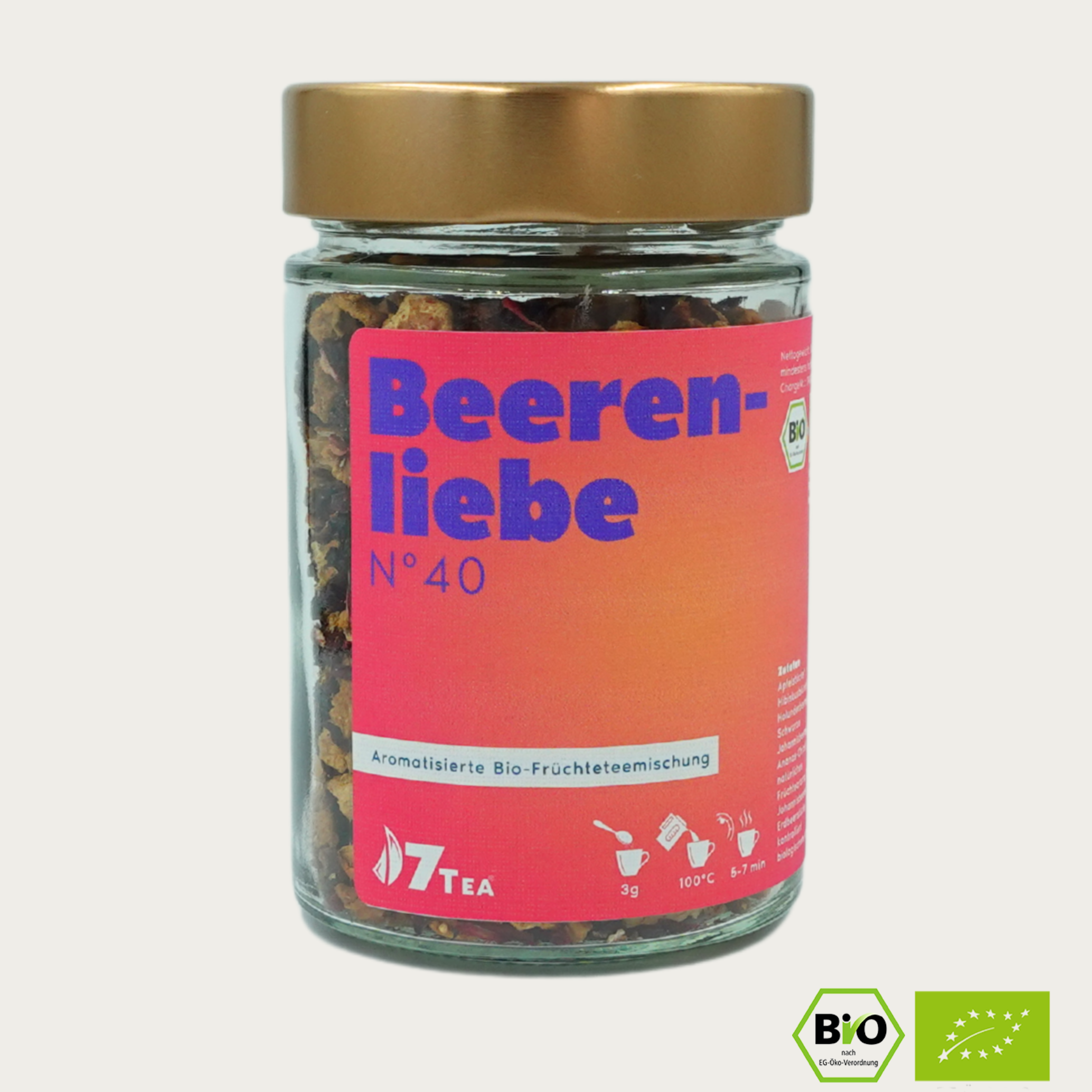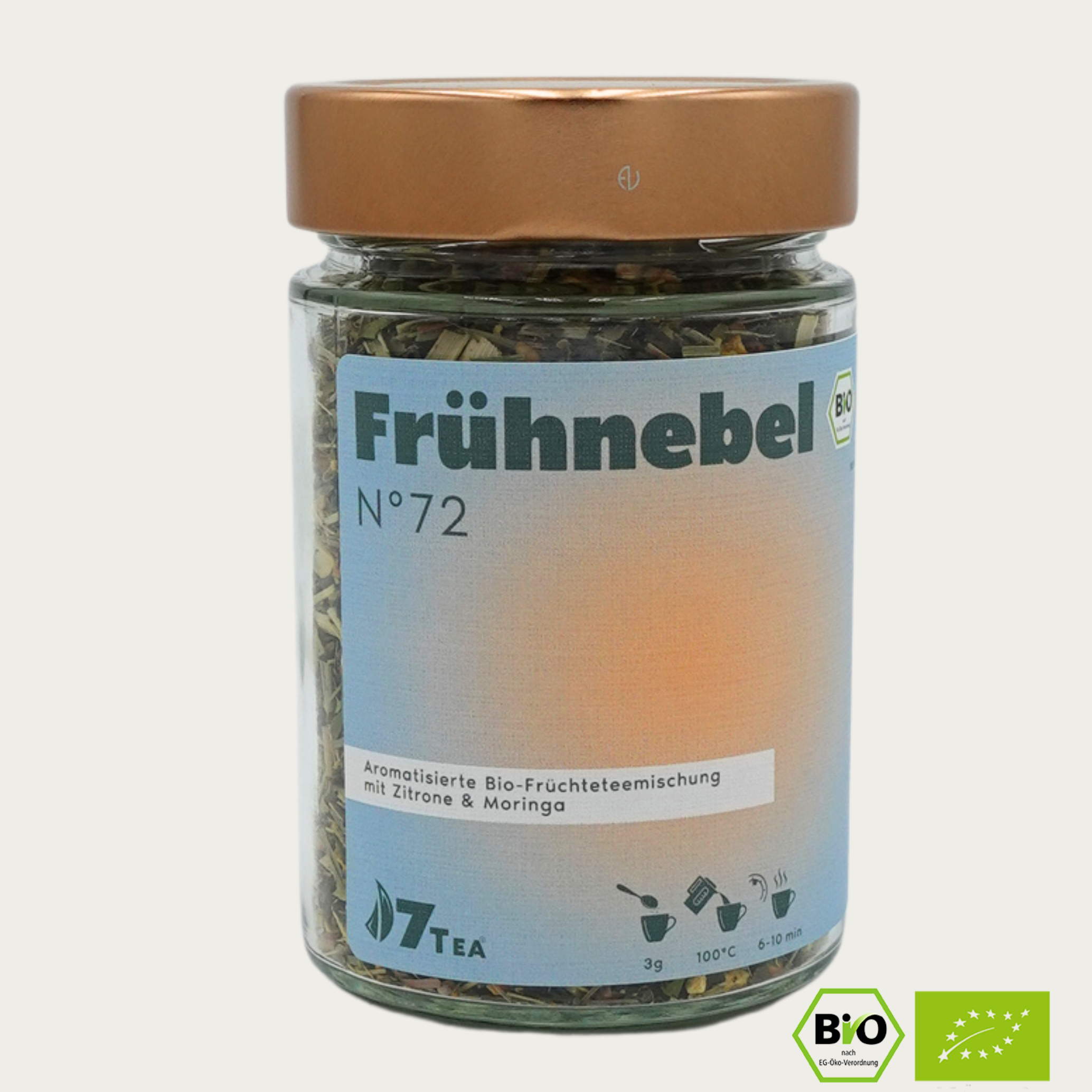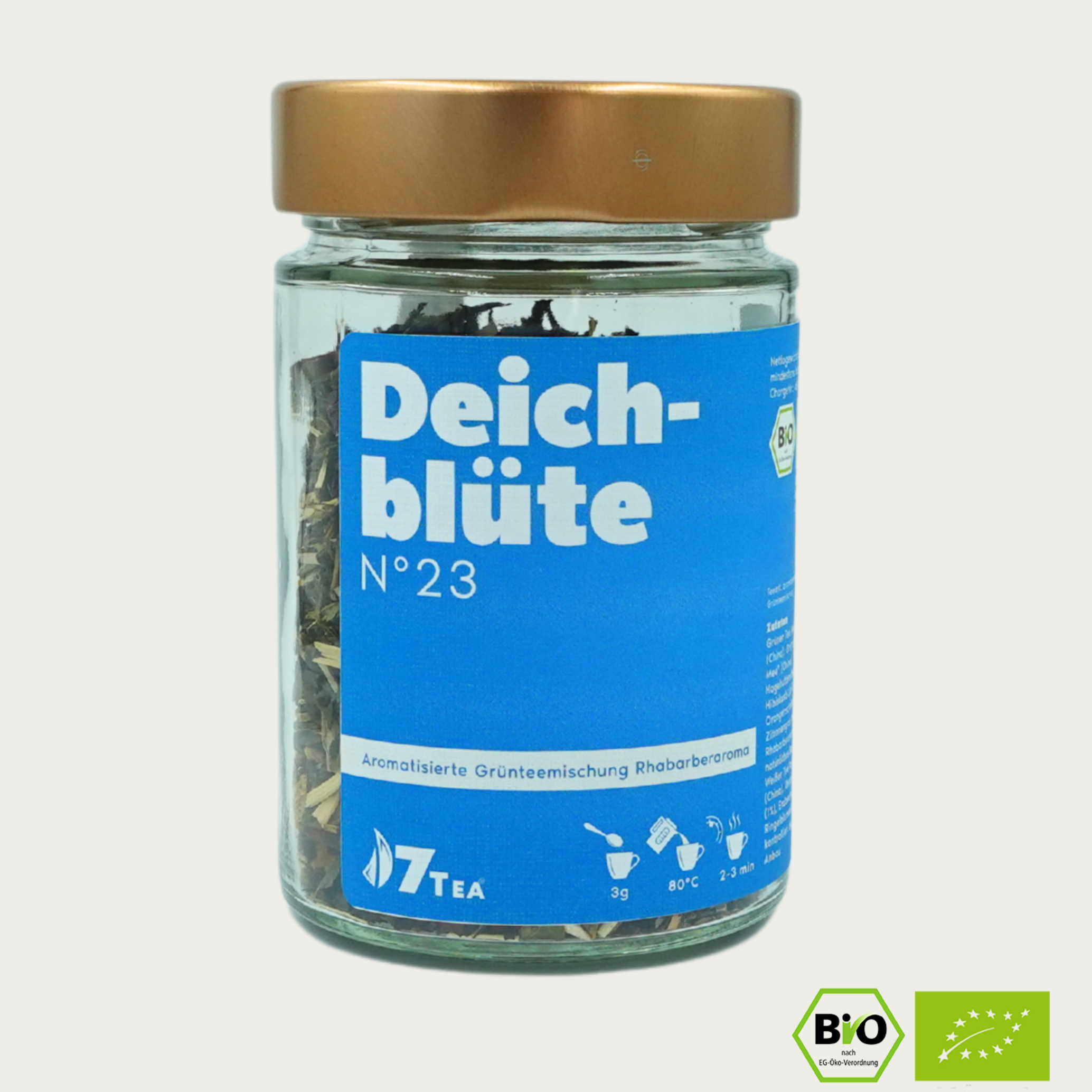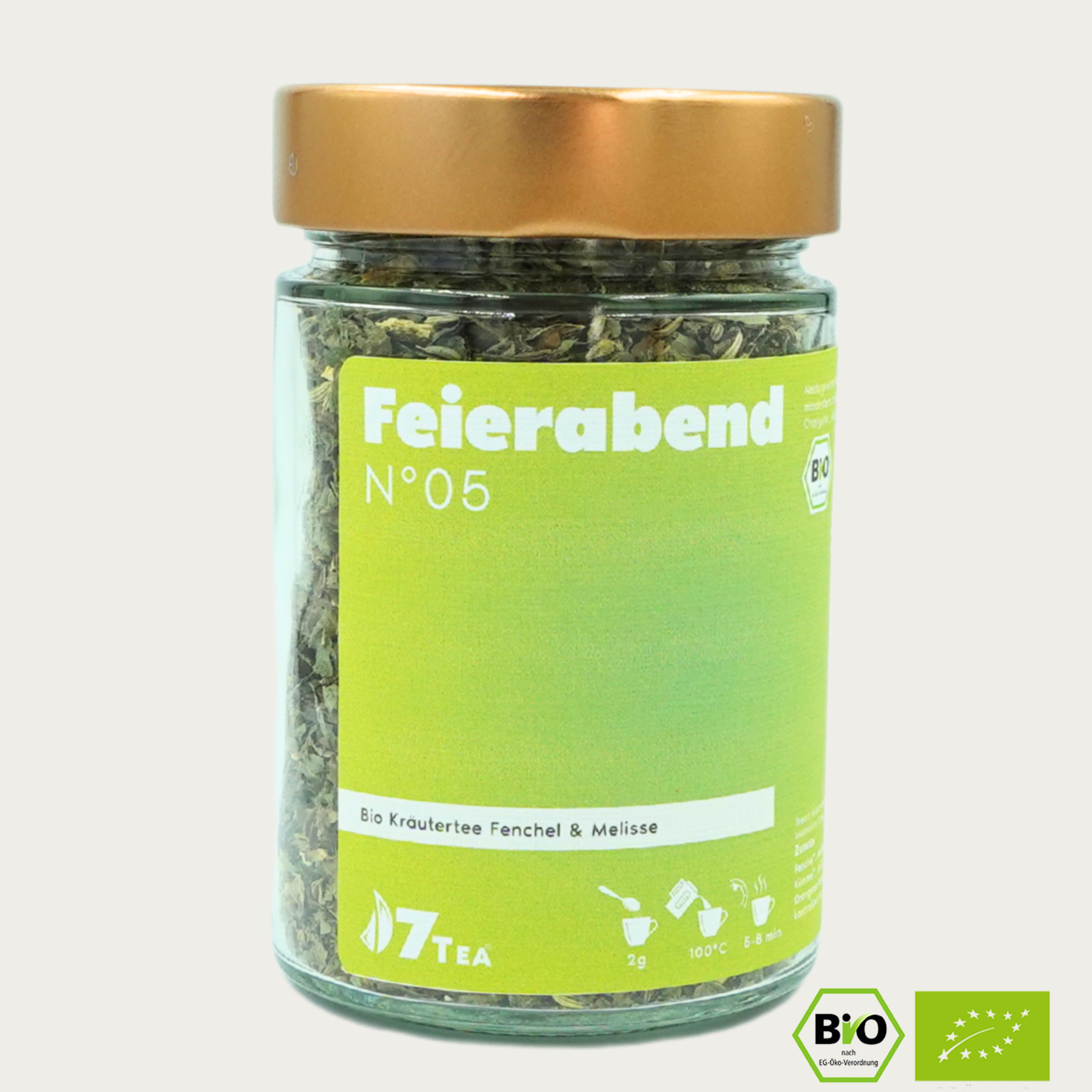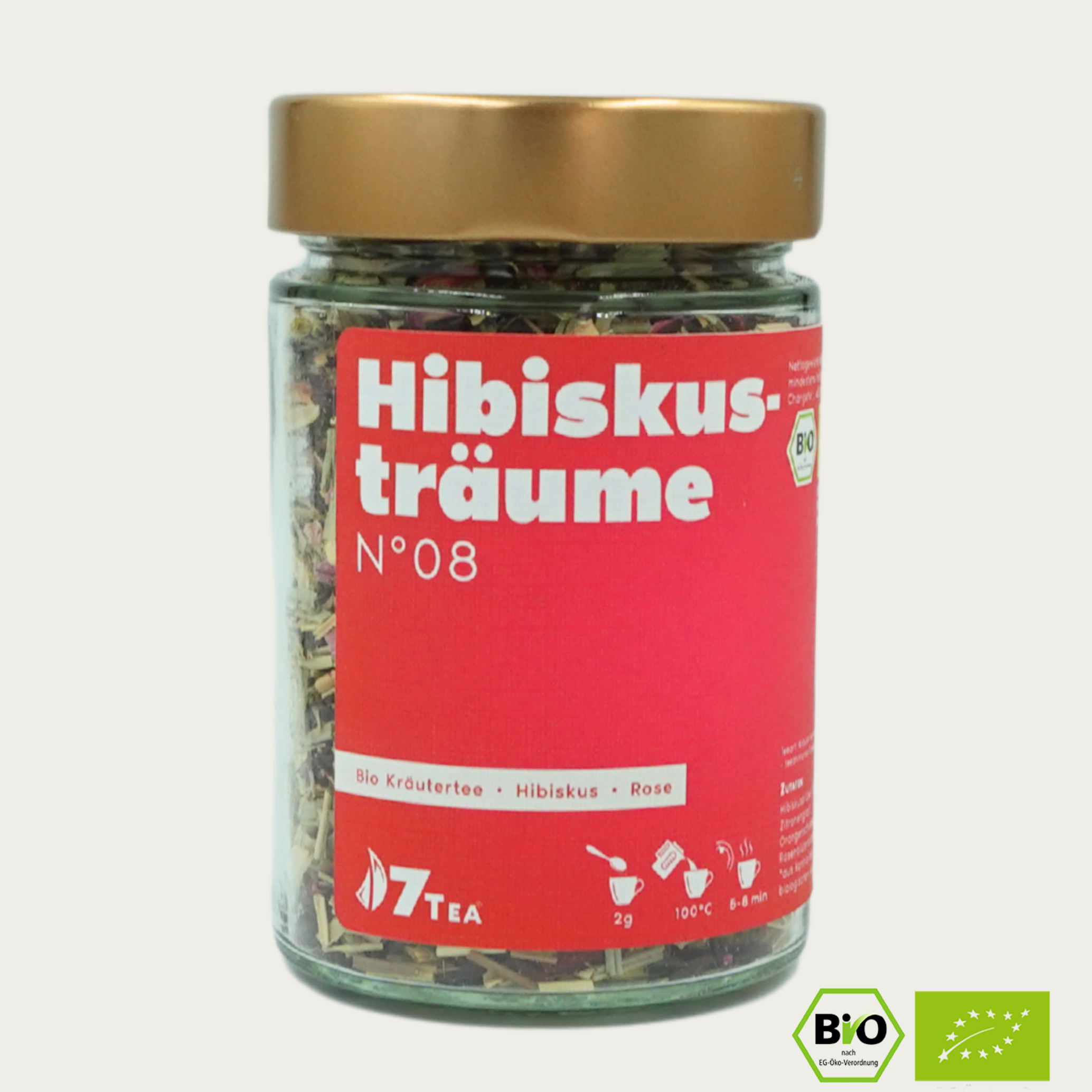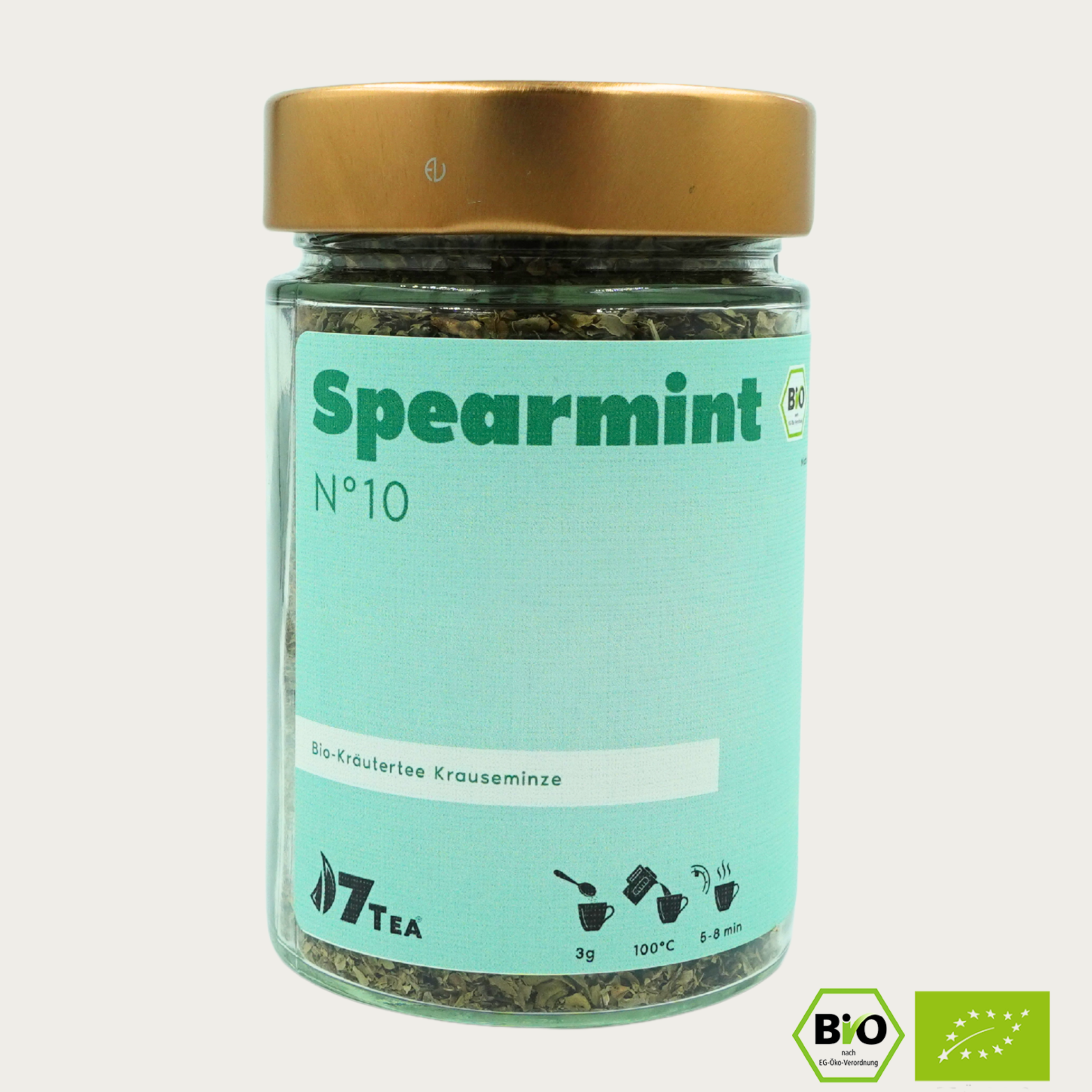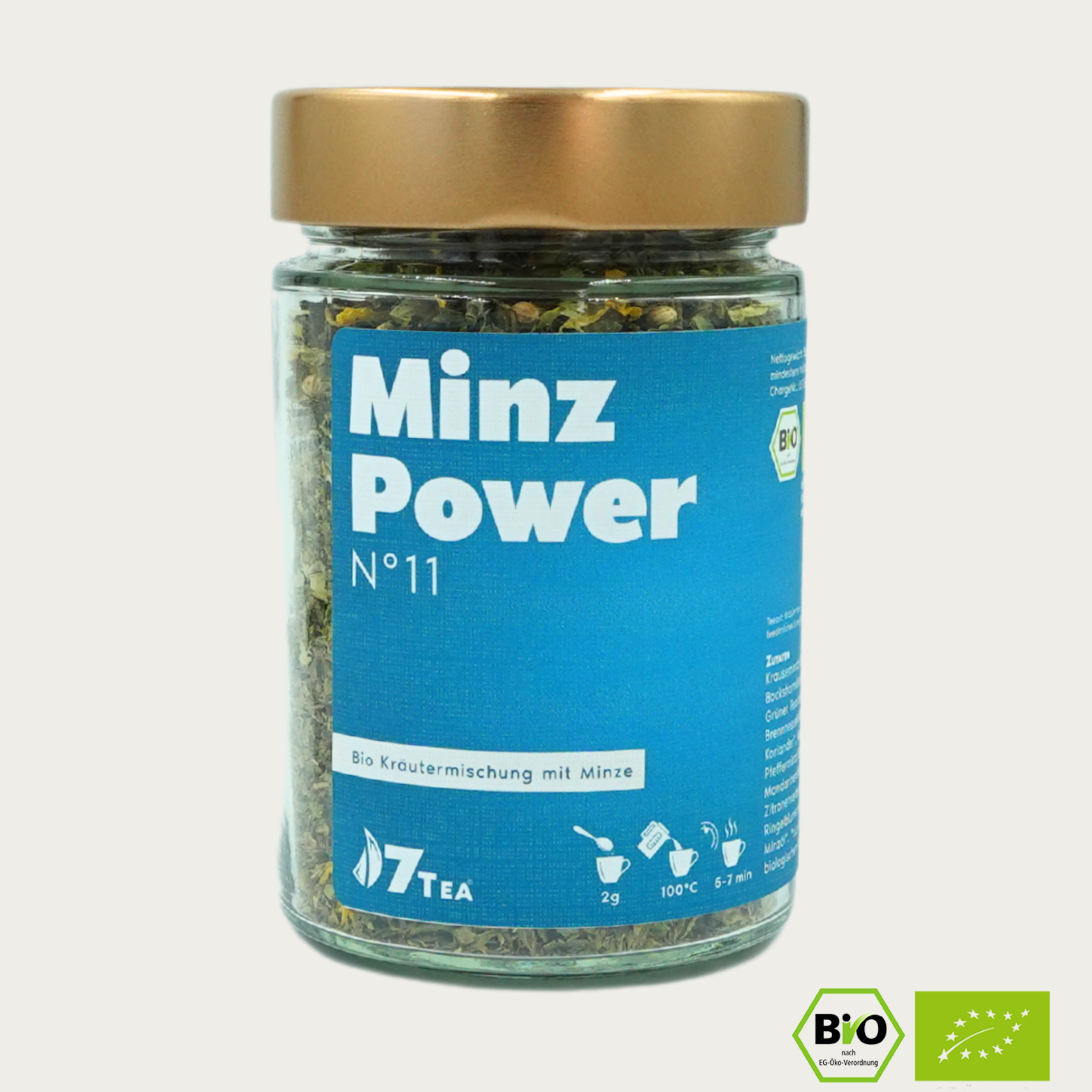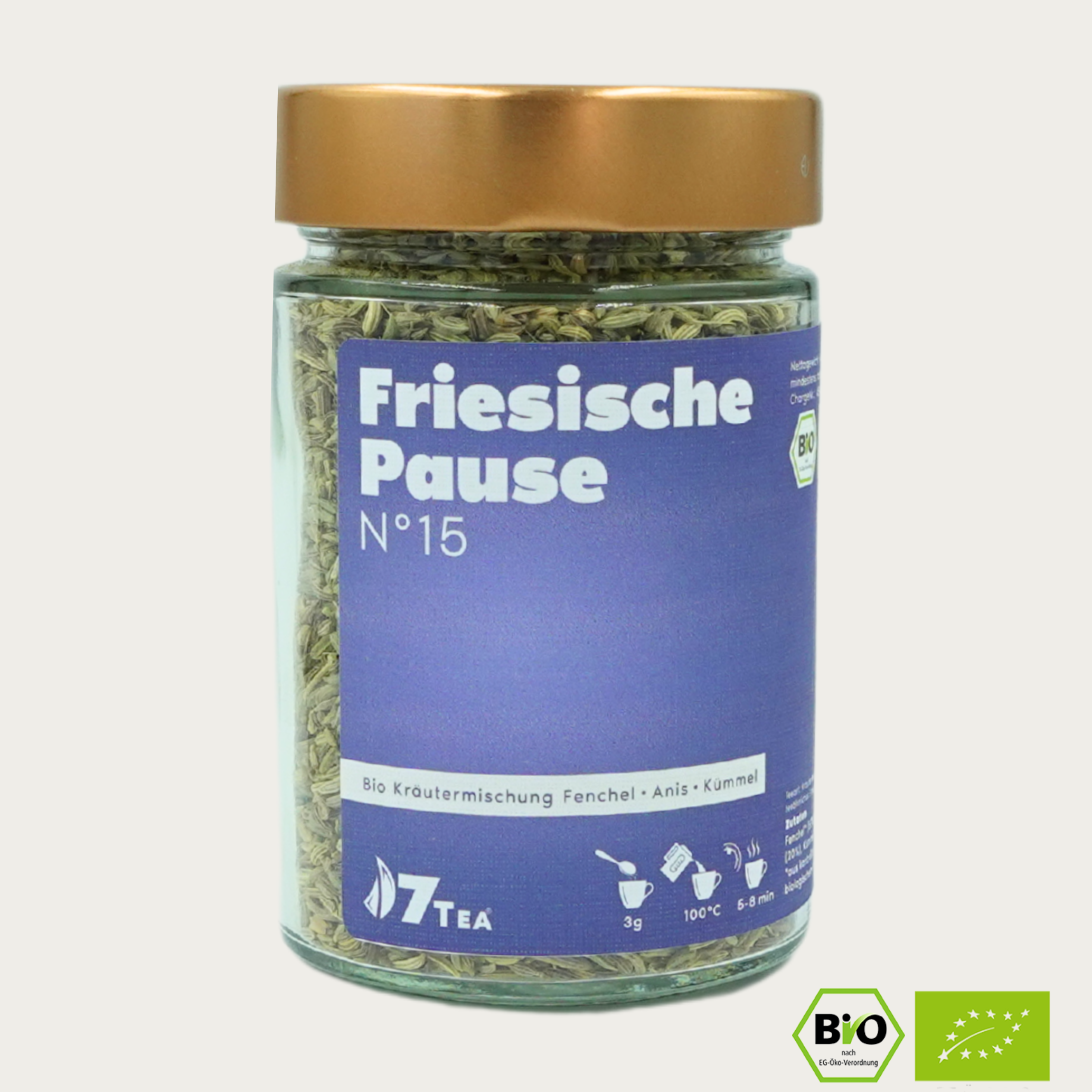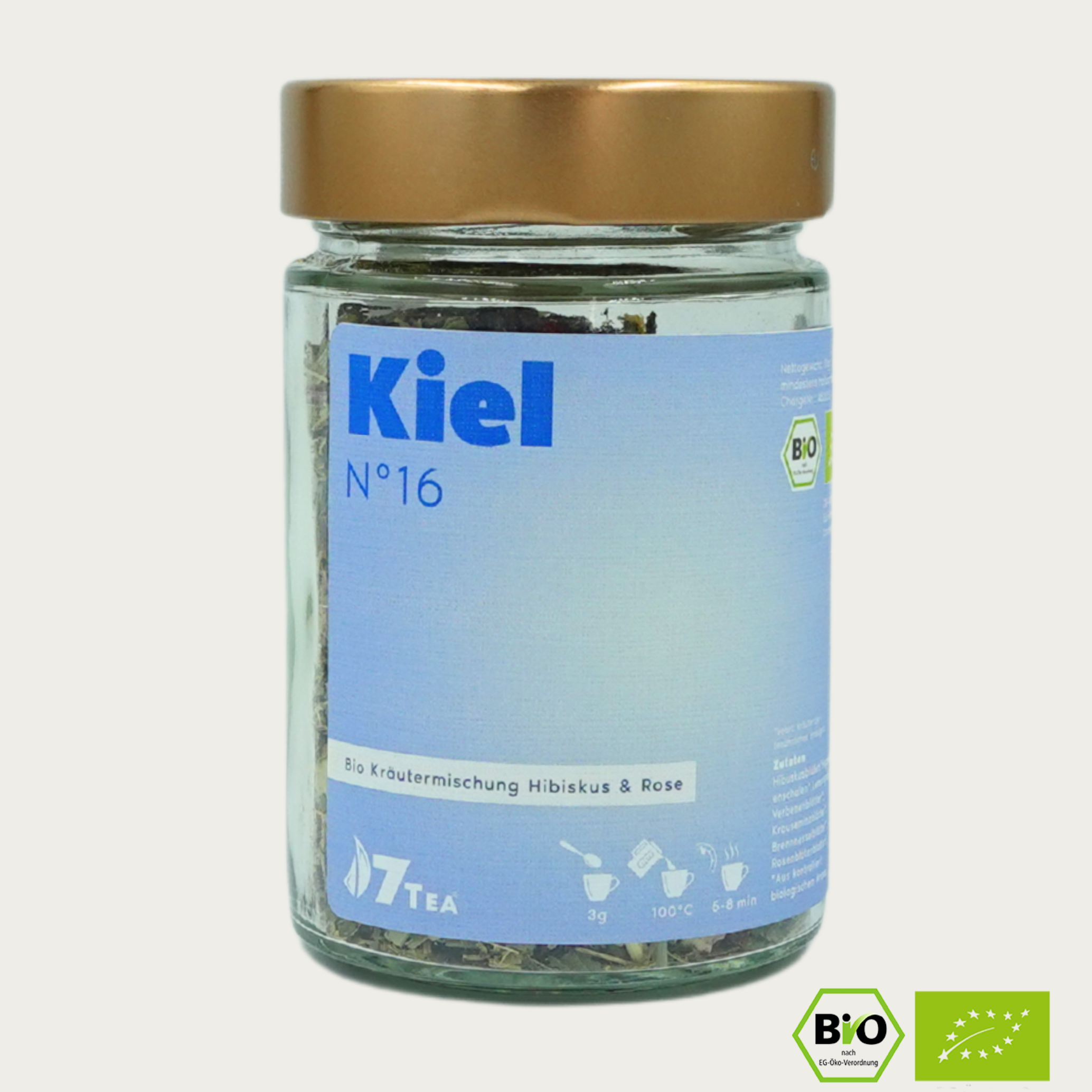Lemon Balm Leaves: A calming herb with versatile benefits
Table of contents:
- Introduction
- What are lemon balm leaves?
- Traditional use of lemon balm leaves
- Health Benefits
- Possible applications
- Final Thoughts
Introduction
Melissa leaves, also known as lemon balm, are a popular herb with a long history of use in traditional medicine.
What are lemon balm leaves?
Melissa officinalis, often simply referred to as lemon balm, is an herbaceous plant in the mint family. It is known for its lemon-like scent and taste.
Traditional use of lemon balm leaves
Lemon balm leaves have traditionally been used to calm nerves, improve sleep and relieve digestive problems. They were also used to treat wounds and insect bites.
Health Benefits
- Stress reduction : Lemon balm leaves have a calming effect that can help reduce stress and anxiety.
- Sleep Improvement : They are known to improve sleep quality, especially for insomnia.
- Digestive : Lemon balm leaves can relieve digestive problems and have an antispasmodic effect.
- Antiviral properties : They have antiviral properties and can be helpful for colds and flu.
Possible applications
Lemon balm leaves can be used fresh or dried in teas. They are also available in the form of capsules, tinctures and essential oils.
Final Thoughts
Lemon balm leaves are a versatile medicinal herb valued for both its calming and medicinal properties. Whether in a relaxing tea or as part of an herbal treatment, lemon balm leaves offer a natural way to promote well-being.







